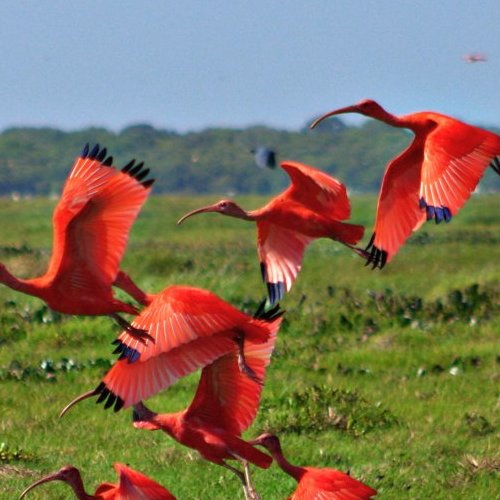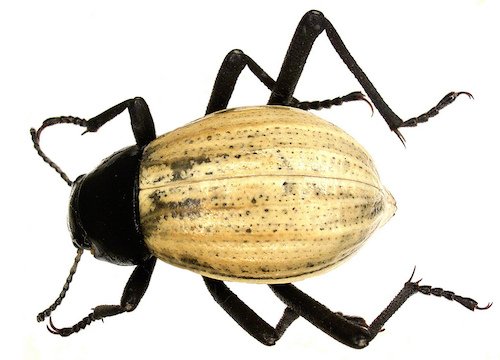An interesting fact about Rómulo Gallegos: he was the first democratically elected president of Venezuela, in 1948 (although only for a few months before losing power to a coup d’état). He was a writer before he was a politician; Doña Bárbara was published in 1929. It is, of course, my book from Venezuela for the Read The World challenge.
I didn’t choose it because the author was president of Venezuela. I was more attracted by the fact that it has been made into a movie twice and a telenovela three times. And that suggests a novel with a good story to tell.

It is indeed a rollicking yarn, full of love, lust, jealousy, dancing, cattle rustling, chicanery, revenge, murder, sweeping landscapes, colourful birds, and manly men riding across the plains. The portrayal of women is slightly more problematic, in that there are only two major female characters, and one is pure, virginal, innocent, passive and ineffectual, while the other — the eponymous Doña Bàrbara — is manipulative, ruthless, corrupt, witchy, and uses sex as a weapon.
To be fair, Doña Bàrbara is a terrific character, a sort of cowboy Lady Macbeth. Or Macbeth, Lady Macbeth and the witches rolled into one. And in best superhero fashion, she is given a backstory of childhood trauma to account for her villainy. It’s just the contrast with the young Marisela which implies a rather narrow role for what a good woman can be like.

Despite Gallegos’s later career, this didn’t strike me as a particularly political novel in the same way as, for example, a lot of the post-colonial fiction I’ve been reading. Although you can see how it could be a part of a developing Venezuelan nationalism, because it is very much a novel about a place and a culture; the plains and the plainsmen who raise cattle there. I could see it forming part of a Venezuelan identity, rather as other cowboys did in the US.
However, the Wikipedia entry for Doña Bàrbara notes that ‘it was because of the book’s criticisms of the regime of longtime dictator Juan Vicente Gómez that [Gallegos] was forced to flee the country’. So I obviously missed some nuances. I guess the portrayal of political corruption — even though mainly at the local level in the book — is the kind of thing that dictators get annoyed by. They’re a notoriously thin-skinned bunch.
Anyway, I enjoyed it. And despite the tone of my comments, not just as a slightly melodramatic yarn — although that was enjoyable — but as a literary novel. It has an evocative sense of place, atmospheric set pieces, strong characters. Good stuff.





